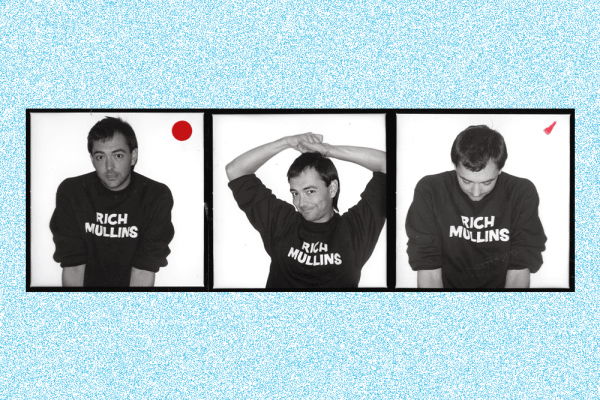Sep 21, 2023
As I looked closer, I realized these weren’t just funny stories about the songwriter of “Awesome God.” Mullins wasn’t just witty among friends. He also used his humor as a tool to share his sharp criticisms, deep contemplations, and controversial ideas with largely evangelical audiences that were increasingly looking for Christian music to be a space that confirmed their assumptions.
Read the Full Article

Already a subscriber? Login
